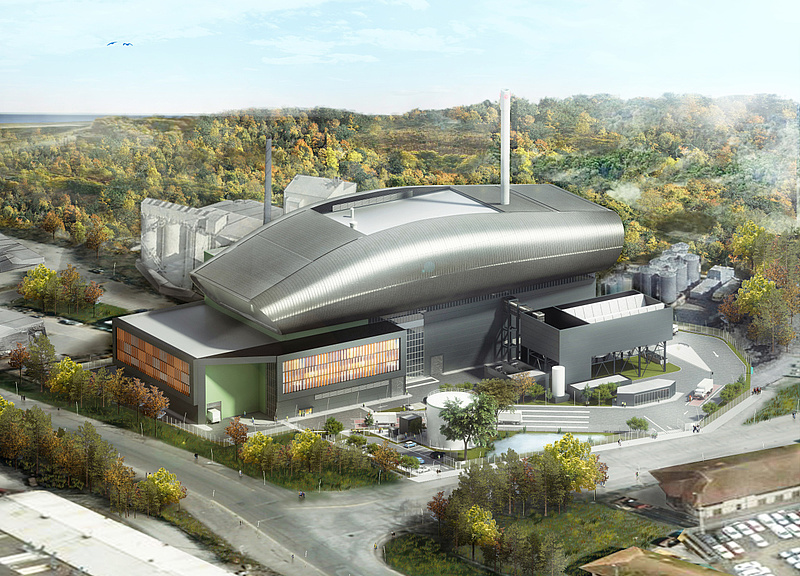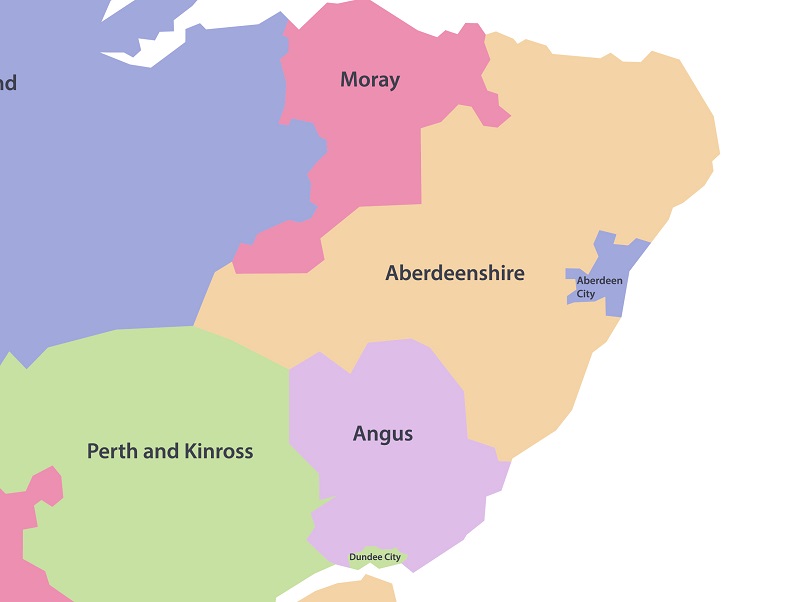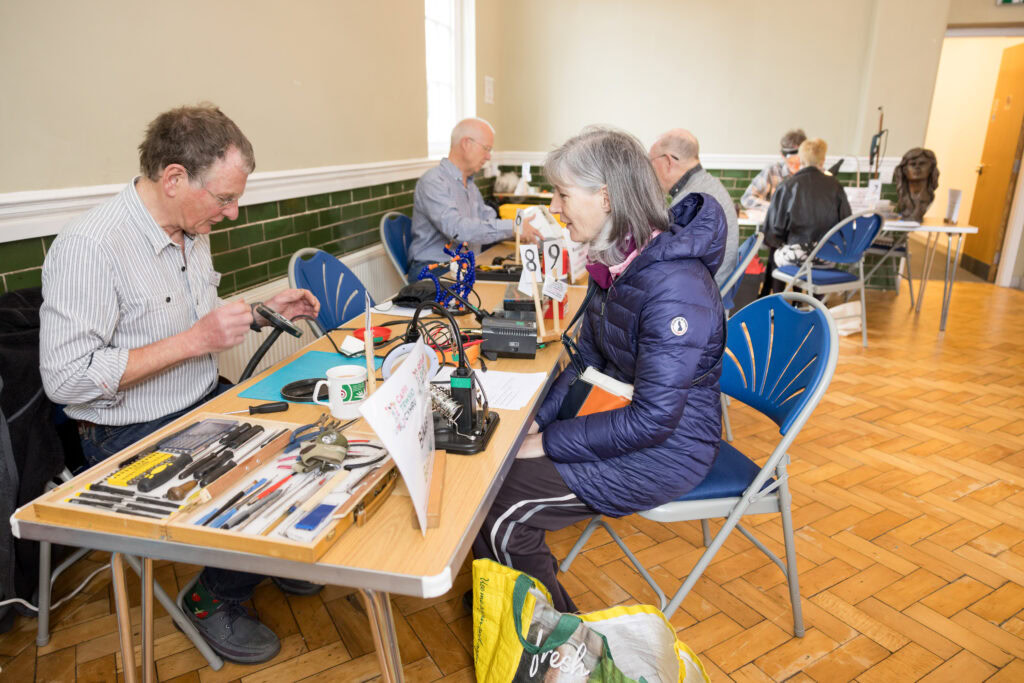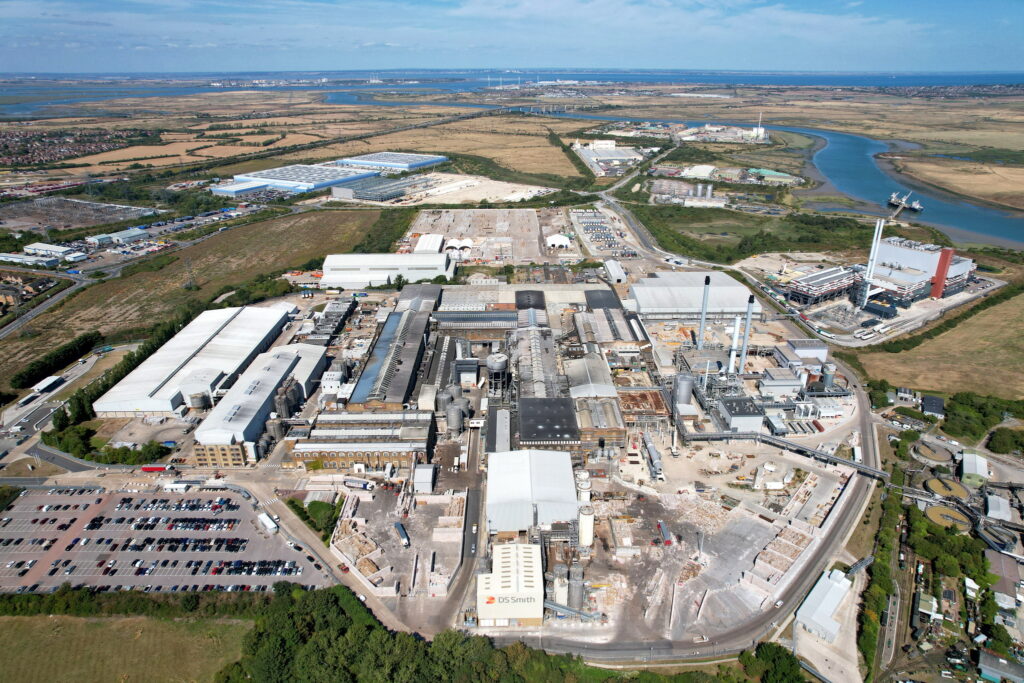Aberdeen city, Moray and Aberdeenshire councils this week signed the ‘Ness Energy Project Residual Waste Treatment’ contract which will see Acciona build the plant and Indaver operate the plant at East Tullos in the south of the city.

The facility will feature moving-grate combustion technology and will have a capacity to treat up to 150,000 tonnes of waste per year. Under the terms of the contract, Indaver will operate the facility for 20 years. The facility is expected to cost £150 million to develop, but the full value of the contract has not been disclosed.
All three councils have described delivery of the plant as crucial to their future residual waste infrastructure needs, ahead of a ban on sending biodegradable waste to landfill which comes into effect in Scotland in 2021. At present, much of the waste generated across the region is exported as RDF to facilities in Northern Europe or to landfill sites within Scotland.
Development
The three councils decided to work together in 2015 to secure a long-term waste management solution for the north-east with the tender notice issued early 2017.
The facility will be housed in a former gas storage site on the East Tullos Industrial Estate and will generate electricity for the National Grid and potentially heat for households in the Torry district through a heating network.
Plans for the plant have been developed from an earlier proposal submitted by the councils for a facility at the East Tullos site (see letsrecycle.com story). Changes to the proposals have included the addition of a second weighbridge to speed up entry for vehicles and an extended entrance to prevent road congestion.
Indaver
Indaver said it expects to be accepting waste for commissioning at the site by January 2022 and for it to be fully operational by August 2022.

The company is largely known for its operations in Ireland, Belgium and Netherlands but is also working on the Rivenhall waste facility in Essex (see letsrecycle.com story).
Indaver chief executive Paul De Bruycker, said: “The Ness project is an excellent example of the circular economy by providing Aberdeen, Aberdeenshire and Moray with a sustainable and energy efficient way to treating non-recyclable waste. With Ness we will recover as many materials and as much energy as possible from the waste streams we treat, thus creating value from the waste.”
Spanish-owned construction firm Acciona has also recently been awarded a contract to develop a 400,000 tonnes-per-year capacity energy from waste plant in Perth, Australia.
In a statement, Acciona said: “This contract is part of Acciona’s commitment to projects based on cutting-edge technologies that contribute to sustainability and protecting the environment. Acciona’s experience of projects for generating energy, recovering waste and constructing turnkey energy plants were all determining factors in winning the contract.”








Subscribe for free